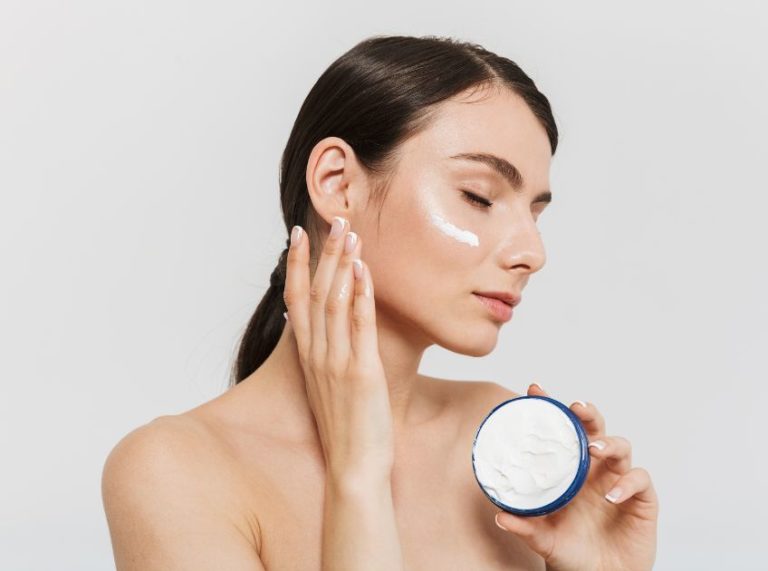
Important: This article is for informational purposes only. Please read our full disclaimer for more details.
The skin around your eyes is delicate and thinner than the rest of your face, making it especially vulnerable to dryness. Factors like harsh weather, aging, and lifestyle choices can all contribute. But don’t worry—there are effective ways to treat and prevent dry skin while keeping your eyes looking radiant.
What Causes Dry Skin Around the Eyes?
Before diving into treatments, let’s explore why this happens:
- Environmental Factors:
- Weather extremes (hot, cold, or windy).
- Exposure to pollution and UV rays.
- Aging:
- As we age, the skin loses its elasticity and ability to retain moisture.
- Lifestyle Habits:
- Inadequate sleep, excessive screen time, and improper makeup removal can worsen dryness.
- Skin Products:
- Harsh cleansers or products with irritating ingredients can strip away moisture.
- Underlying Skin Conditions:
- Eczema, dermatitis, or allergic reactions can lead to persistent dryness.
Step-by-Step Guide to Treat Dry Skin Around the Eyes
1. Gentle Cleansing
- Use a mild, alcohol-free makeup remover.
- Opt for cleansers without fragrances or harsh chemicals to avoid irritation.
- Pat your skin dry with a soft towel—don’t rub!
2. Moisturization
- Choose the Right Eye Cream: Look for hydrating ingredients like hyaluronic acid, ceramides, and glycerin.
- How to Apply: Use your ring finger to gently dab the cream around your eyes—no tugging or pulling.
3. Home Remedies
Natural ingredients can boost hydration:
- Aloe Vera Gel: Hydrates and soothes sensitive skin.
- Almond Oil: Acts as an emollient to heal dry patches.
- Vitamin E Oil: Provides anti-aging benefits and intense hydration.
- Green Tea Bags: Reduce puffiness while offering hydration. Simply cool and apply for 10 minutes.
- Rose Water: Calms inflammation and locks in moisture.
4. Protective Measures
- Vaseline® Jelly: Apply a thin layer at night to seal in moisture and protect against environmental damage.
- Sunscreen: Always use SPF around the eyes to prevent dryness caused by UV rays.
5. Lifestyle Adjustments
Small changes can make a big difference:
- Sleep: Aim for 7–8 hours of quality sleep each night.
- Hydration: Drink at least 8 glasses of water daily to keep your skin hydrated.
- Limit Screen Time: Prolonged exposure to blue light can dehydrate your skin. Use blue light-blocking glasses when needed.
6. Regular Maintenance
Consistency is key! Incorporate these steps into your routine:
- Cleanse and moisturize morning and night.
- Use eye creams daily to maintain hydration.
- Apply natural remedies once or twice a week for an added boost.
7. When to See a Dermatologist
If you’re experiencing persistent dryness, redness, or swelling despite trying these remedies, it’s time to consult a professional. They may recommend prescription treatments or address underlying conditions like eczema.
Long-Term Care Tips for Healthy Eyes
- Stay Consistent: Skincare isn’t a one-time fix; it requires daily effort.
- Invest in Quality Products: Choose skincare products formulated for sensitive skin.
- Be Gentle: Always treat the delicate eye area with care—no rough scrubbing or heavy rubbing!
Conclusion
Treating dry skin around your eyes doesn’t have to be a daunting task. With the right care, natural remedies, and lifestyle adjustments, you can restore hydration and maintain soft, youthful skin. Start implementing these steps today—your skin will thank you!
Ready to elevate your skincare routine? Don’t wait! Begin your journey to healthier skin now.















